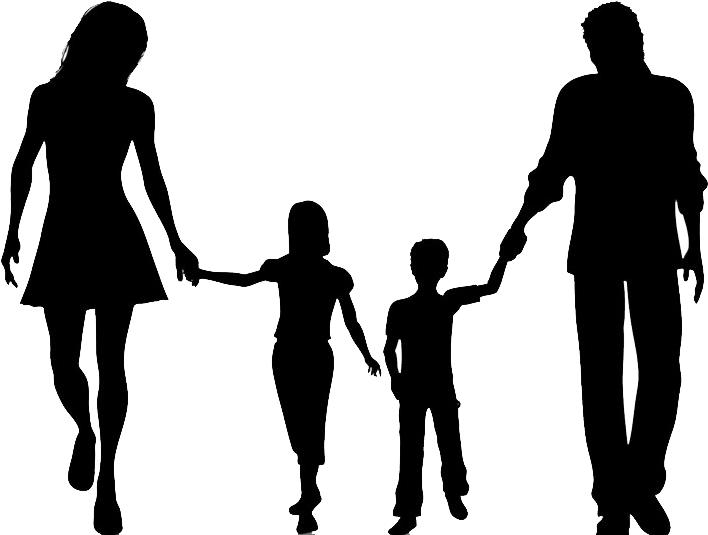Mental health is not a disorder as society has made us perceive it, especially in our African community. At some point in life, everyone may be faced with mental health problems. And so, from a young age, we are taught to identify with family in these moments. That family is everything. And on a stormy day, they can be trusted. But do young people between the ages of 18-24 years turn to their families in the wake of mental health problems? During a recent data collection exercise for a study on the channel and actors through which young people engage with mental health science, some of my assumptions were challenged. Indeed we have a lot to learn about family and their role in mental health problems. Does family support play a major role in shaping good mental health and in an event there is no support what are the outcomes?
Seated with my notebook and pen in the focused group discussion held in a low-income settlement. I became aware in the wake of mental health problems, our first instinct may be to turn to our family regardless of age. However, these young participants preferred to chat with their peers and friends about their mental health problems rather than seek help from their families.
A 24-year-old focused group discussion participant said:
“I love my family, but we do not talk that often. When we do, it is only for financial support. I can’t picture myself sharing my struggles with my siblings. They may judge me, misunderstand me or try to steer me in the direction of their choice, so I keep my problems to myself.”
He continued to mention that some of these mental health problems were also caused by lack of support from family or poor parenting where they were forced into responsibility at a young age. So how could they turn to the root cause of the problem for help? Their day-to-day circumstances are already out of the norm for young people.
“Sometimes we hear gunshots or wake up to a dead body, and this messes with your mind. So we try everything to get a chance to leave this environment.”
In the hope of turning their fortune, or of leaving the unpleasant environment, these young participants turn to get-rich quick schemes such as gambling.
“We all gamble here, we know that the probability of success is low, but at least we try.”
Yet even with the knowledge of low success probabilities, failure is followed by frustration, leading to low moods that eventually result in their sense of purpose being extricated.
In these low moments, the fear of harsh judgment, the fear of their problems not being acknowledged when they are not financial, and the fear that the information they share may be used against them drives them away from their families.
In low-income settlements where other actors and channels were easily accessible, the absence of support from family had negative outcomes such as gambling, frustration, and low moods that result in low self-esteem, self doubt and resentment. It is clear that a stable family structure of support and care is important for positive mental health outcomes.
For most, positive mental health and family support go hand in hand. Family is a huge contributor to the mental well being of young people aged 18-24. Families should continue being a safe haven for day-to-day difficulties, including mental health problems. So mental health literacy in the family unit is important. This can be achieved by educating parents and siblings on the importance of mental health, integration of mental health programs into daily activities, fostering psychosocial counseling and support into family life skills and reinforcing the fact that problems come in different forms, not only financial.
Our family, siblings and parents are human beings with an understanding and capable of listening, when we (young people) air our concerns about our family culture and practices that affect our mental well being. So we do not need to enroll our families into institutions for learning to happen. Learning can happen by us (young people) taking the initiative and initiating shared knowledge and compassion in the smallest of ways like normalizing discussions on positive mental health as we do with politics and sports.
We can also change the information we feed those around us, so that we break the tradition of stigma around those with mental health problems or disorders. We need to embrace that we all have mental health, and strive to achieve good mental health for ourselves and those around us. Good mental health care is life-changing, and everyone deserves it. It translates to more productivity, improved moods and relationships, and even increased self-esteem.
Article written by Sally L., Mental Health Advocate & Young Researcher, African Population and Health Research Center (APHRC).


Mental health is a real menace to our society. It sups everything in us and takes us nowhere. This talk must go on or before we know it, we shall have lost our society. In fact, we will have psychopaths around here. That’s sad.
Am particularly touched with last part of this article, that we need to change the information we feed those around us.
Excellent piece Sally